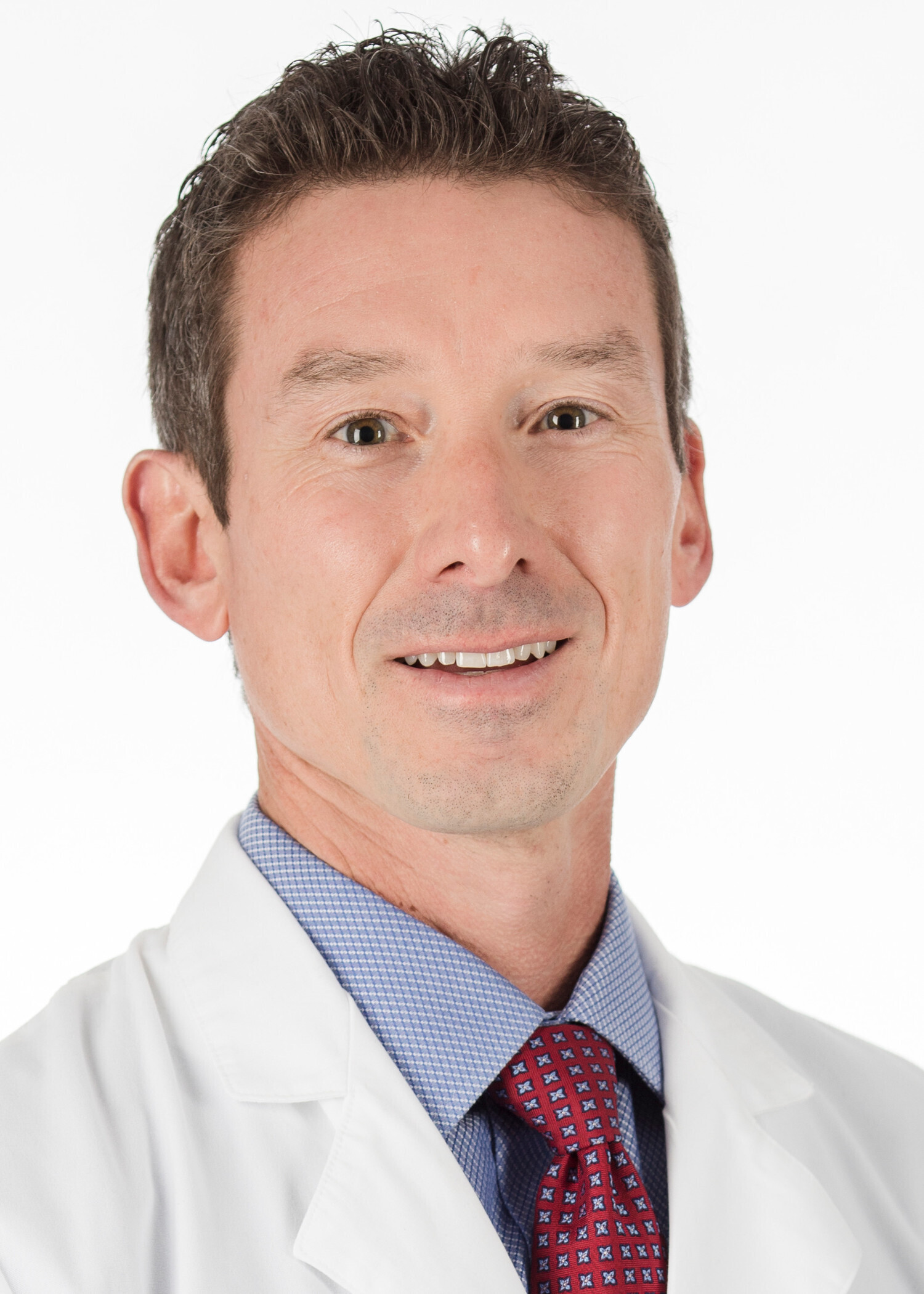Healthy Lifestyle
Healthy Male Aging Through the Years: Adopting Healthy Habits Early Pays Dividends
Published: June 29, 2023

Many people, especially men, don’t visit the doctor’s office – or even start thinking about their health – until something doesn’t seem right.
I have several patients who are dealing with chronic health conditions, and they’d agreed that we’d all be much better off if we adopted healthy habits early in life. Whatever you can do to improve your health at a younger age, the better off you’re going to be in the long run.
In Your 20s
I’d love if it became normal for guys to establish a relationship with a primary care provider during their 20s. This is a prime time to talk about your family history, risk factors and complete basic lab work.
Some people might not be aware that most insurance providers allow annual exams free of charge. Take advantage of that benefit. There’s a little bit of time involved, but it gives you a better idea of your own health and can help identify problems sooner. You’ll gain an understanding of what your blood pressure typically runs and how much weight you’ve gained or lost from year to year.
I try to help my patients at this age start thinking about their lifestyles. What’s their activity level like? What do they eat? What are they doing well? What could they improve? The sooner you start working on developing positive habits, the better off you’re going to be long term.
I also teach them about safety, such as not drinking and driving, limiting how much alcohol they regularly consume, and avoiding tobacco.
In Your 30s
When you reach your 30s, life is typically getting busier. You might be starting a family, or you might be taking on more responsibilities at work, which means your schedule fills up quickly. But amid the chaos, you still need to focus on your health.
I encourage men to find some type of physical activity outlet that they enjoy doing, such as going to the gym, working in the yard, playing tennis or golfing. Whatever you like to do, spend some time doing it as regularly as you can. Your goal should be to achieve 180 minutes of physical activity each week – about 30 minutes each day, six days a week. And make sure that you incorporate some type of resistance exercise like free weights or resistance bands in your weekly activity to help maintain lean body mass.
I can’t stress enough to people that they need to have those outlets. Too often I encounter people who use things that aren’t beneficial – like alcohol or tobacco – as coping mechanisms.
When I talk to men in their 20s and 30s, I’m trying to set a foundation for success. If positive lifestyle choices become habits early on, chances are likely that men will continue them as they age. Because, for better or worse, it’s hard to change habits. We usually get set in our ways in our 30s and 40s, and if we can establish more helpful habits — like paying attention to what we’re eating, exercising regularly, managing stress appropriately and focusing on getting enough sleep — those tend to continue later in life.
In Your 40s
When you reach your 40s, it’s time we start looking at risk factors as they relate to cardiovascular health, diabetes and cholesterol. It’s important to start paying attention to your blood pressure because, unfortunately, I’m starting to see more men develop hypertension in their 40s.
It’s also recommended to start completing routine colorectal cancer screening at age 45.
When thinking about healthy eating habits, it’s critical to focus on getting lean sources of protein and incorporating more fruits and veggies while avoiding large amounts of processed foods.
In Your 50s and Beyond
When you reach your 50s, that’s when we consider more possible risk factors and start screening for prostate cancer.
Knowing your blood pressure is imperative as it closely relates to your overall vascular health.
Quality rest is also key. Seven hours of sleep each night should be the minimum, but eight hours should be the goal.
A lot of guys suffer from sleep apnea – whether diagnosed or undiagnosed – which negatively affects quality of life. If it goes untreated it can also be a risk factor for diseases such as high blood pressure, coronary artery disease, cancer and dementia.
And don’t forget to listen to your body. Youth can cover up a variety of ailments. When you’re 20 or 25, you improve and heal faster than you do when you’re 50. I think two to three weeks is a good rule of thumb for when you should seek care if you don’t see any improvements for an ache or pain. And if things get worse or your ailment impairs functionality — for example, you can’t take care of your family at home or you can’t do your job — you should seek help sooner.
Ways to Continue Physical Activity as You Age
I encourage all of my patients to get in the pool and move around, even if they don’t like to swim and just want to walk in the water. It provides a nice, even resistance to your body and it takes weight off your joints.
Other low-impact activities like biking or even walking are great ways to stay active. I tell people that they don’t have to join a gym or do a lot of crazy things. There are lots of places you can go walk. If you have a decent pair of shoes, you can go walk in a big box store, malls or other places indoors year round. And if the weather’s nice, find time to walk outside. It’s really that basic.
I can’t stress to people enough that there is no specific fountain of youth, but the closest thing that I’ve seen is physical activity. If you keep your body moving, that’s the way you maintain your functionality as you age.
We’re Here to Help
As you age, it’s important to remember that if you ever have questions about your health, we’re here to help. And it’s important for you to take charge of your health during your younger years to set yourself up for fewer issues later in life.
More Resources
- Find a primary care provider today.
- Learn about eight nutrition and fitness apps that can help you achieve your goals.
- Learn more about Methodist’s nutrition and weight management services.
- Learn more about Methodist’s sleep services.


